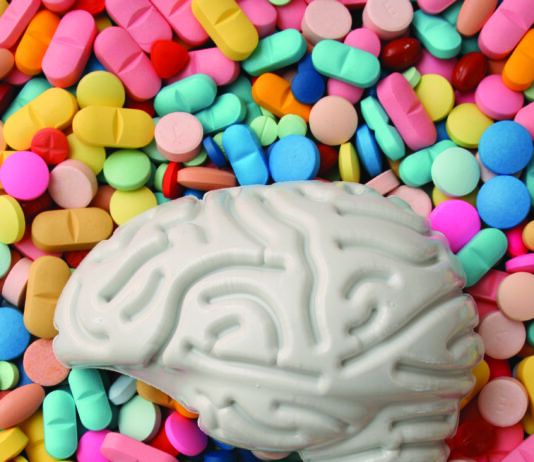The Truth About the War on Wheat
If you believe the bestseller lists, the biggest bad in the supermarket aisles is not fat or sodium or sugar but wheat. Its not just the booming popularity of gluten-free products, which are important for the small percentage of people diagnosed with celiac disease but whose benefits for the general population are questionable. (For a full discussion of the pros and cons of gluten-free products, see our October 2013 Special Report.) Bestselling books have warned that wheat consumption is a key contributor to abdominal fat (wheat belly), as well as triggering diseases ranging from diabetes to autism, and that eating wheat is linked to Alzheimers, depression, headaches, epilepsy and ADHD.
The Fish Story
You already know that eating fish is healthy for your heart, but new research suggests it may also be good for your head. In a study presented at a meeting of the Radiological Society of North America, older adults who ate fish at least once a week-baked or broiled, not fried-had a greater volume of gray matter in the brain in areas important in Alzheimers disease. Fish consumption was also associated with sharply lower rates of developing mild cognitive impairment or dementia.
Healthy Diet and Lifestyle Help Prevent Disability with Aging
Unhealthy behaviors such as inactivity, poor diet and smoking have long been associated with a wide range of chronic diseases and risk of death. But a new study reveals that such lifestyle factors can also affect older adults' risk of disability and loss of independence.
Control Your Blood Sugar to Help Protect Your Brain
You and your doctor are probably keeping an eye on your blood-sugar levels to gauge whether youre at risk for diabetes. But a new study suggests another risk that may be linked to higher blood-sugar levels (hyperglycemia), even among non-diabetics-dementia.
Q: My husband, whos been on medication for early Alzheimers, went to the emergency...
Answer : You should never stop taking any medication without checking with your own physician. As for coconut oil, its touted as a source of caprylic acid, which the body breaks down...
Whole-Diet Changes May Reduce Alzheimers Risk
Previous research has suggested various links between what you eat and your risk of developing dementia that proceeds to Alzheimers disease
More Proof Staying Physically Active Keeps Your Aging Brain Sharp
Two new studies add to the evidence that staying physically active helps protect your brain-and fill in some gaps in that research
7 Surprising Findings About Exercise and Your Health
Even the experts sometimes need a little nudge to get exercising. Miriam E. Nelson, PhD, director of Tufts John Hancock Research Center on Physical Activity
Low Vitamin C, Beta-Carotene Accompany Alzheimer’s
Low levels of vitamin C and beta-carotene could be clues to the onset of Alzheimers disease,
Green Tea Protects Brain Cells
A flurry of new studies is raising hope that green tea may someday be a potent weapon in the fight against Alzheimers disease and other forms of dementia. Although the studies differ widely in technique, ranging from scan-ning peoples brains to forming Alzheimers plaques in a test tube, all focus on ways polyphenol compounds in green tea affect important areas of the brain.


































